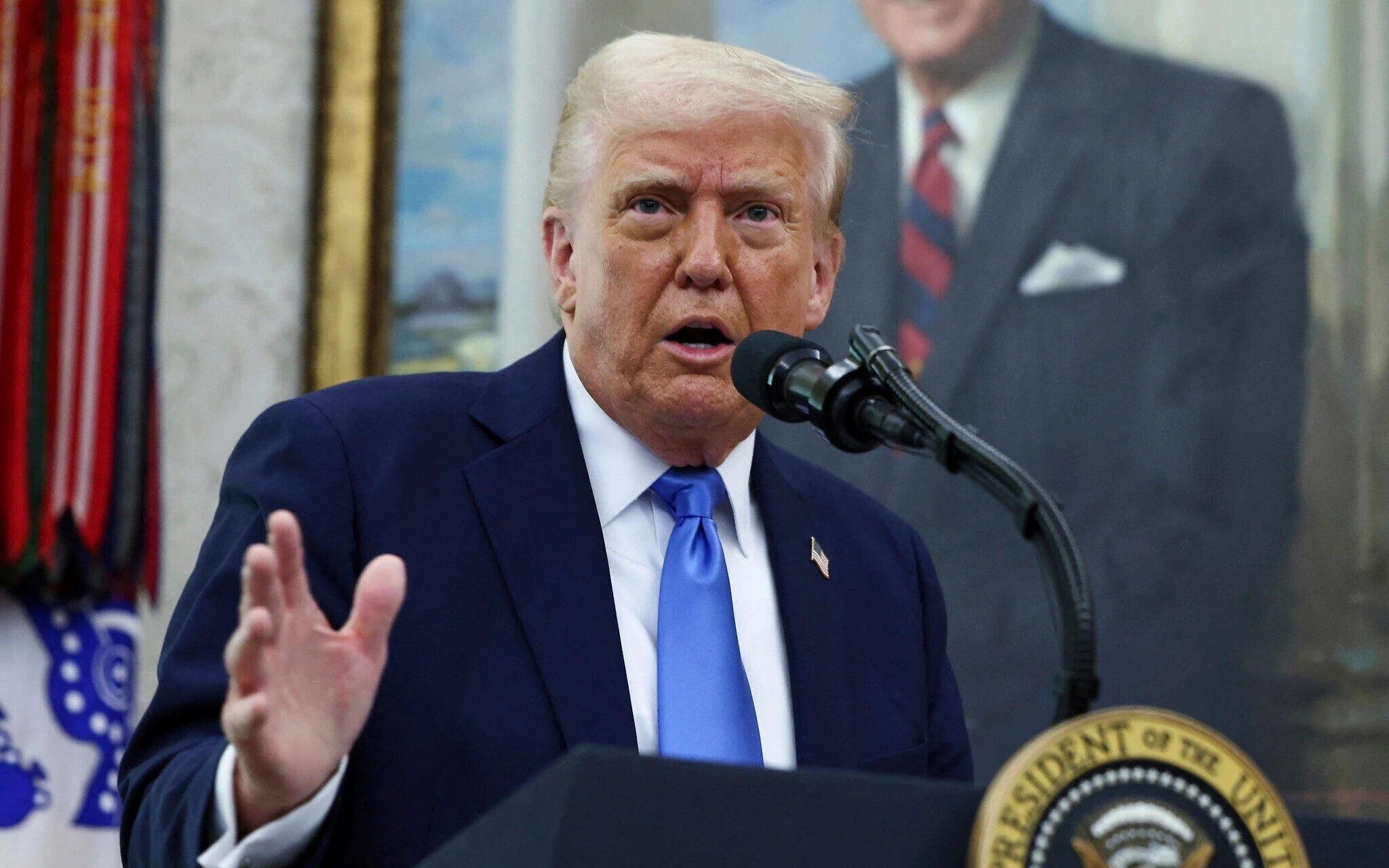What has really changed? Why has Saudi Arabia changed its stance? Saudi Arabia is now focused on development, and it’s trying to completely rebrand the image it projects to the world. Will the Israelis really change their behavior towards Iran? For years, Netanyahu and Israel’s primary strategy has been to securitize the Iranian issue, using the nuclear pretext as a justification for their actions.
Netanyahu’s aggression can be seen in Israel’s military campaign in Gaza, which is intended as a means of putting pressure on the Americans, including Trump. In reality, any convergence between Iran and the United States toward some form of agreement would present a new dilemma for Netanyahu and Israel. The Americans themselves aren’t fully aligned, let alone with Israel. I caution the public not to be overly optimistic about negotiations, as politics rarely unfold as people hope. Achieving any agreement is a complicated process.
Does Israel Have a Separate Agenda from the United States?
Israel is a regional actor, while the US is a global player. Their scope and goals differ, particularly under Trump, whose approach to foreign policy is heavily influenced by his own psychology and ambitions. US foreign policy is typically slow to change, but under Trump, there was a notable shift.
The interests and objectives of these two actors—Israel and the US—are not always fully aligned. Sometimes their goals converge, sometimes less so. We should not assume everything is perfectly coordinated behind the scenes between Iran and the US, or between the US and Israel or Europe. Each actor competes for their own interests, and their alignment can vary.
While there is a strategic alliance between the US and Israel, that doesn’t mean complete policy synchronization. The US supports Israel largely due to overlapping strategic goals, but Washington does not follow Israel’s lead in every matter, especially with Trump wanting to leave his own legacy. Any group or country that tries to undermine or delay Trump’s legacy will not be in his good graces.
Within the US itself, various factions and individuals hold differing views and approaches to policy. Naturally, Israel, leveraging its strategic proximity and lobbying in the US and elsewhere, tries to steer American policy toward its own interests—but it’s never a simple or guaranteed process.
If an agreement is reached between Iran and the US, would Israel fundamentally change its approach to Iran?
Israeli policy toward Iran, especially its focus on security, is deeply entrenched and will not shift easily, regardless of US-Iran negotiations. Even if some temporary tactical changes occur, Israel’s long-term strategic approach will likely remain the same.
Parallel Tracks
Trump is interested in leaving a legacy, but that doesn’t mean he desperately needs a deal with Iran. He wants to be able to claim he accomplished what no one else could, whether it’s in Iran, Ukraine, or Gaza. As other issues approach resolution—say, a dignified peace in Ukraine—Trump’s incentive to push hard for an Iran deal may diminish.
If negotiations drag on and fail to produce results, more hardline, military, or sanction-oriented groups in the US may gain influence over the policy direction.
Europe and Saudi Arabia’s Changing Roles
Saudi Arabia, since the rise of Crown Prince bin Salman, has shifted its top priority to development. The focus is no longer on regional competition or direct confrontation with Iran, but on internal and economic transformation, rebranding the country’s global image—evident in its investment in sports, entertainment, and culture.
Europe, once a strong advocate for reaching a deal with Iran, has become more passive and even frustrated, partly due to feeling sidelined by Trump. If negotiations are prolonged and not strengthened, Europe’s position could shift closer to Israel’s stance.
Negotiations Beyond the Nuclear Issue?
Could negotiations expand beyond the nuclear file to include Iran’s regional allies and military capabilities?
Iran’s stated policy is to negotiate only on nuclear issues, not its missile program or regional groups. However, in complex negotiations, multiple topics can sometimes be discussed in parallel to unlock deadlocks. But currently, there is little appetite in Iran to broaden the agenda beyond the nuclear issue.
The Gaza War and Negotiations
The ongoing war in Gaza is deeply interconnected with the region’s broader issues. The continued violence is, in part, being used by Netanyahu as leverage against the US and Trump, in order to extract further concessions on Iran. Israel’s main objective remains keeping Iran under pressure and security-focused, and Gaza is largely instrumental in that strategy.
Conclusion
Optimism and emotional reactions among the public and markets can backfire and create extra pressure on negotiators at crucial technical stages. Negotiations should not be sensationalized as if they are a football match, with constant updates. Such an approach ties the hands of negotiators.
Regarding recent events like the Shahid Rajaee Port explosion, precautions must be taken to prevent similar disasters, though accidents are an unfortunate reality everywhere. Everyone seeks their own advantage in turbulent situations, but exploiting such tragedies is unethical.

